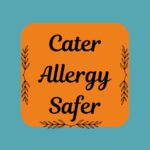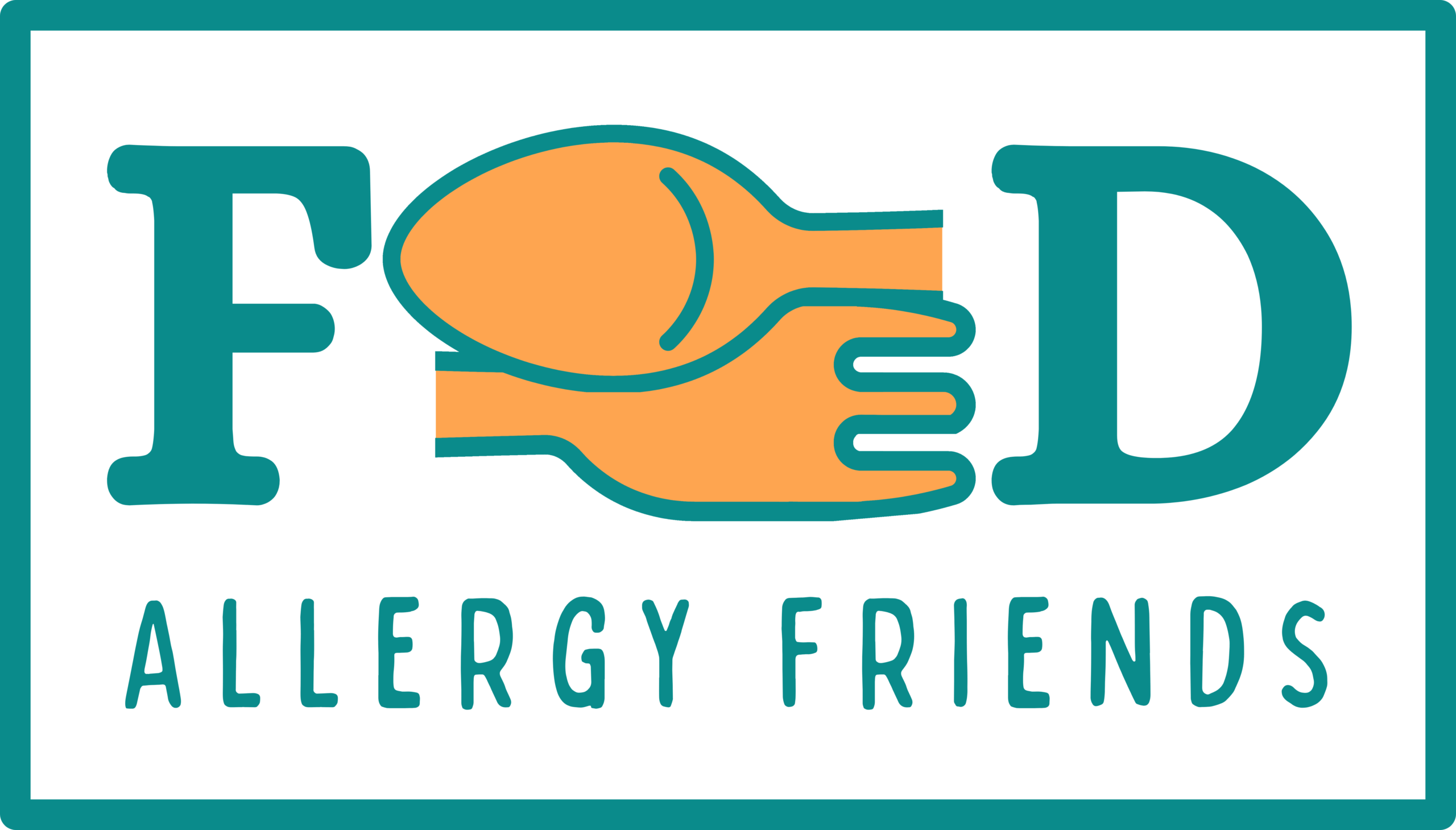Cater Allergy Safer Successes!
 The businesses listed below have successfully completed our training packages and have gained a coveted Cater Allergy Safer award. This shows the world they are going one step further to keep the food allergic diner safe. The award is valid for 12 months, meaning you know these businesses are up to date with the latest knowledge and requirements.
The businesses listed below have successfully completed our training packages and have gained a coveted Cater Allergy Safer award. This shows the world they are going one step further to keep the food allergic diner safe. The award is valid for 12 months, meaning you know these businesses are up to date with the latest knowledge and requirements.
As well as the normal Food Safety requirements, these businesses have demonstrated commitment in many of the following areas:
Management Commitment:
- Lead by Example. Talk to staff about the importance of Allergen Awareness.
- Organise Training. Arrange for staff to attend relevant training courses, and attend with them.
- Implementation. Write policies and procedure documents, and ensure they are put into practice.
- Effective monitoring. Work with staff to make sure that policies and procedures become habits. Arrange regular internal and external allergen audits.
- Continuity. Refresh training regularly.
Staff Training:
- Comprehensive Training. Train all staff on allergen identification, cross-contamination prevention, and serving food allergic customers.
- Allergen Awareness. Ensure staff understand the potential consequences of incorrect allergen information.
- Emergency Procedures. Train staff on how to recognise and respond to allergic reactions.
Preventing Cross-Contamination:
- Approved suppliers. Source ingredients from reputable or specialist suppliers to ensure foods are correctly described and labelled.
- Separate Storage. Store ingredients and prepared foods separately in labelled, sealed containers.
- Dedicated Areas. Establish separate areas and equipment (cutting boards, utensils, storage, fryers, etc.) for allergen-free food preparation.
- Thorough Cleaning. Regularly clean and sanitise all surfaces and equipment to eliminate potential allergen traces.
- Handwashing. Emphasise handwashing when handling allergen-free ingredients.
- Spillage Policy. Establish a policy for dealing with spills of allergenic ingredients.
- Cooking Oil. Use dedicated fryers and separate filters to avoid cross-contamination
Communication:
- Allergy Policy. A detailed document explaining the measures in place to manage allergens in the business.
- Detailed Menu/Allergen/Ingredient Information. Provide clear and comprehensive information about allergens in dishes on the menu, including specific names and descriptions.
- Customer Communication. Train staff to have informed conversations with customers about their allergies and dietary needs.
- Ingredient Records. Keep records of ingredient information for all ready-made food and drinks used.
- Update Menu. Regularly update the menu and ingredient information when recipes change.
- In-house Communication. A robust system for relaying the information from the customer to the kitchen and back again, to ensure the correct meal arrives to the correct diner.
Additional Measures:
- Allergen-Free Recipes. Alternative options, or recipes that can be adapted to exclude an allergen.
- Allergen Checklist. Have an allergen checklist to guide staff during food preparation.
- Online Allergen Information. Provide allergen information via a website or other platform such as social media.
- Apps. Having a dedicated app for customers to be able to search or filter their personal allergens in menus.
- On-site Adrenaline Auto-injectors. Businesses with a detailed H&S Policy may be able to install AAIs in a similar way to defibrillators.
- Customer Feedback. Encourage customers to report any issues or near misses to help improve allergen management.
Find out more about training, apps, adrenaline auto-injectors, and near-miss reporting in our resources pages below:
Success stories
Adventure Island
Five outlets gain the award – find out more here:
Hospitality industry organisations
A useful list of organisations within the hospitality and food service industry, covering many appropriate sectors.
Hospitality industry organisations
Allergen related charities
A useful list of charities within the food service industry related to food allergens, food safety and general well being.

